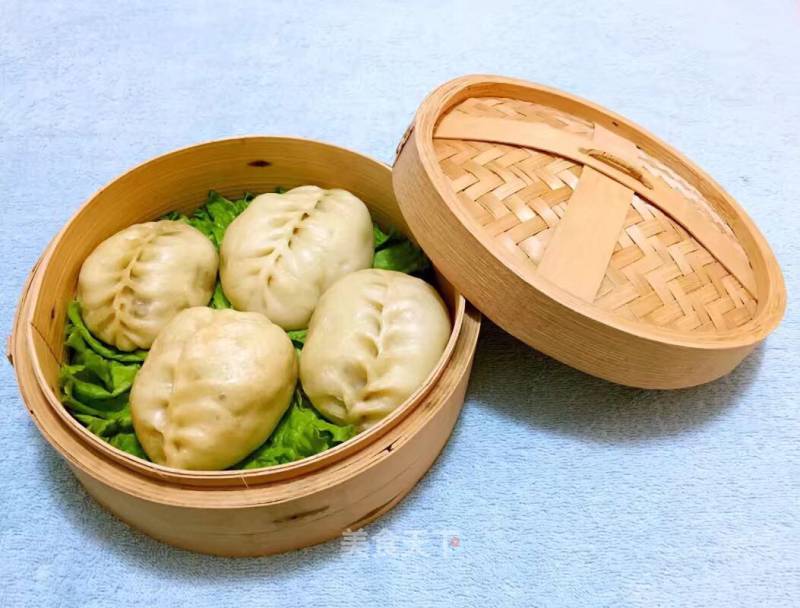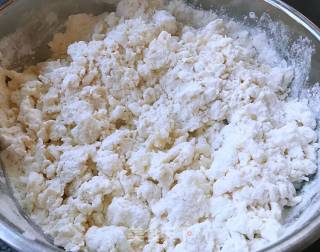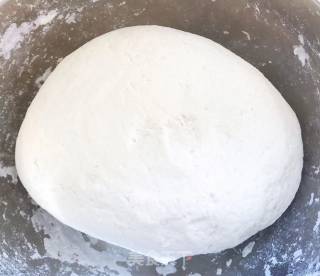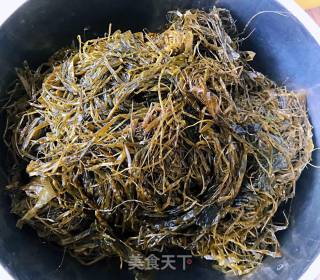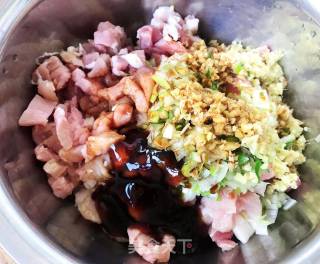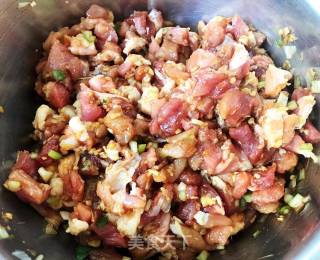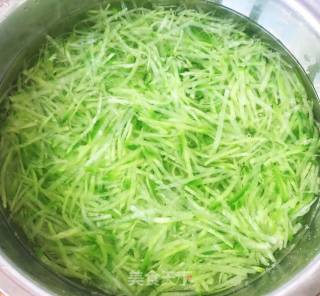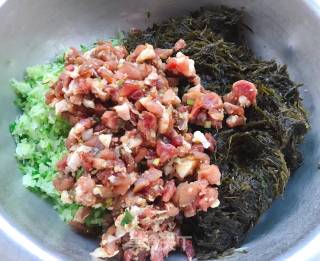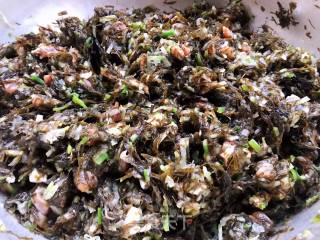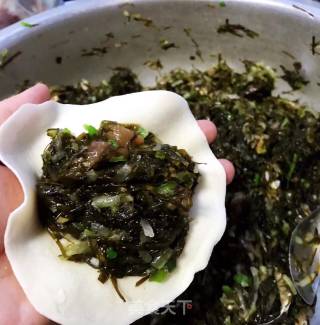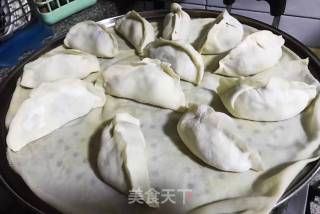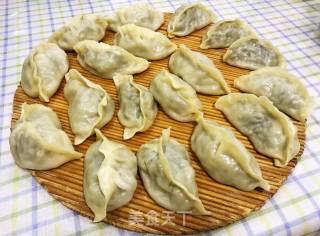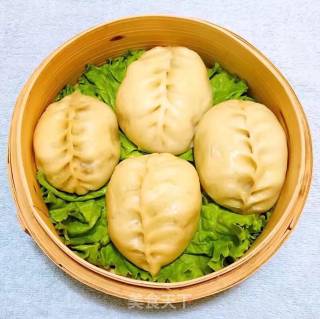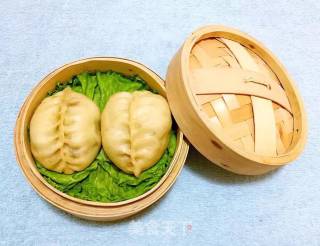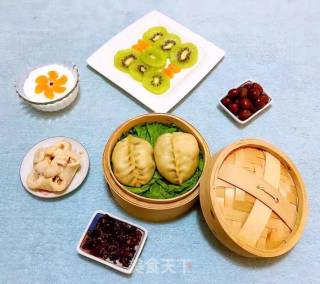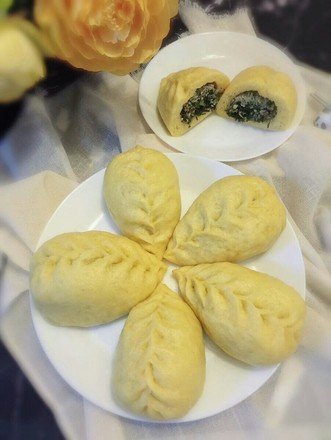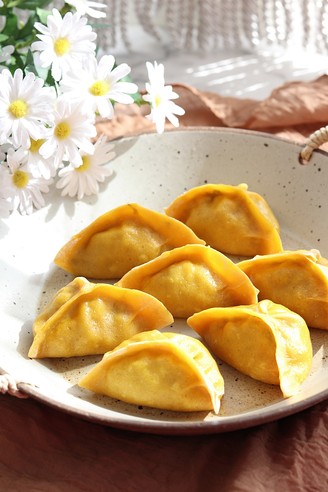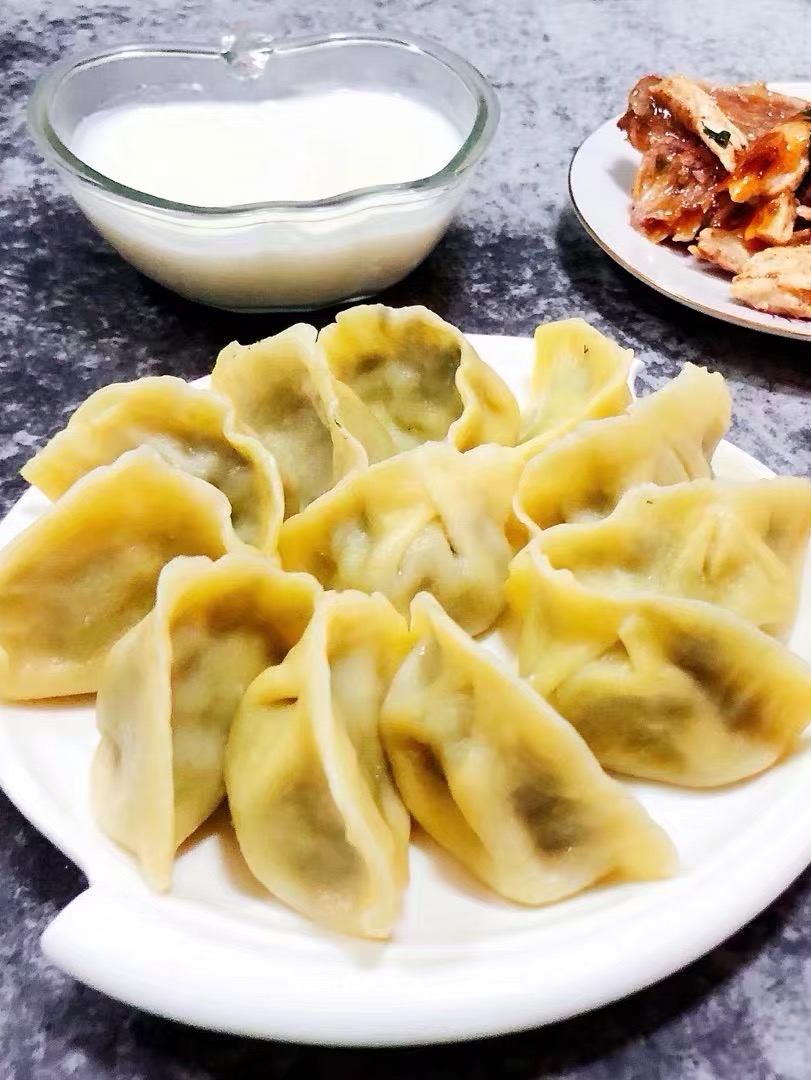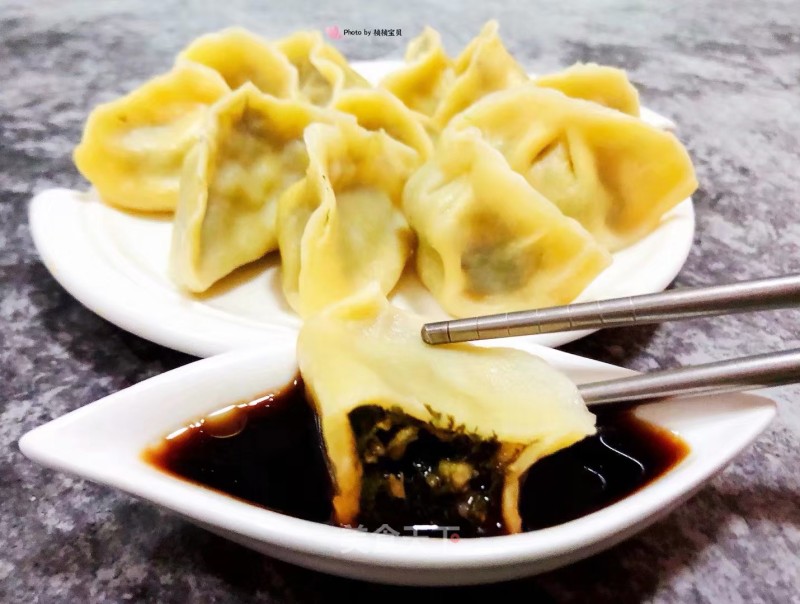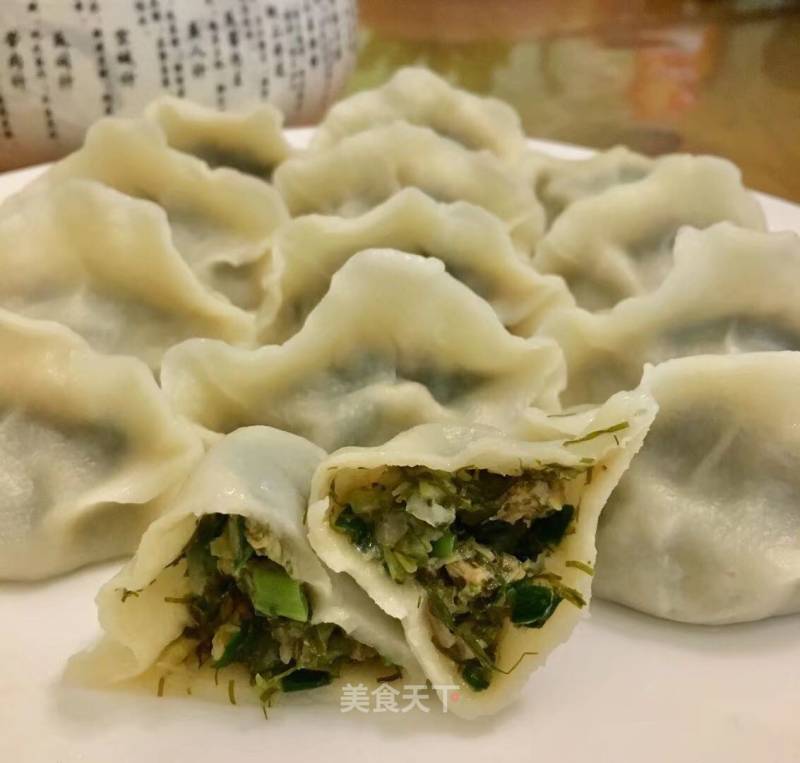Steamed Buns with Sea Hemp Line#蒸菜#
by Zhenzhen Baby
Favorite
Difficulty
Normal
Time
15m
Serving
2
Sea twine, also known as camel hair, is a member of the genus Phaeophyta, Phaeophyceae, Hemerophyceae, Hemerophyceae, and Hemerophyceae. The algae is yellowish-brown to dark brown, tubular, membranous, clumped, 20-50 cm high, 2-5 mm in diameter. It is born on rocks or rock marshes in the mid-tide zone, and also grows in rock marshes in the high tide zone and rocky reefs in the low tide zone. on. The algae is yellowish-brown to dark brown, tubular, membranous, clumped, 20-50 cm high, 2-5 mm in diameter. It is born on rocks or rock marshes in the mid-tide zone, and also grows in rock marshes in the high tide zone and rocky reefs in the low tide zone. on. Sea hemp thread is an undeveloped brown algae with extremely high edible and health value. It has long been regarded as a marine vegetable treasure by residents in coastal areas of my country. However, its natural resources are very limited, lack of seedlings, and immature breeding techniques, which limit it. The development and utilization of the seaweed. The sea hemp line is distributed in the north and south coasts of our country. The growth period is 4-6 months. It is a pan-warm temperate seaweed. It needs lower water temperature to grow. It can be harvested around the Spring Festival, and it starts to disappear after April and May. Sea hemp thread can be used as feed and medicine, as well as edible, with delicious taste and rich nutritional value. In addition to being rich in protein and fat, it also contains a lot of sulfate, which has an anticoagulant effect and is also very helpful in preventing cardiovascular and cerebrovascular diseases. "

